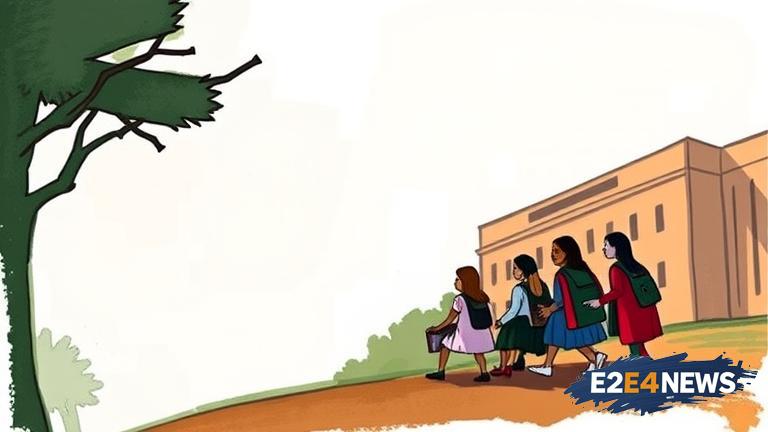A bill currently making its way through the California legislature has sparked intense debate on the topics of reparations, education, and social justice. The bill, which has already passed the California State Assembly, aims to provide descendants of slavery with preference in college admissions. Proponents of the bill argue that it is a necessary step towards addressing the historical injustices faced by African Americans and providing them with greater access to higher education. They point to the fact that African Americans have historically been underrepresented in colleges and universities, and that this bill could help to level the playing field. However, opponents of the bill argue that it is unfair to provide preference to one group of people over others, and that it could lead to reverse discrimination. They also argue that the bill does not address the root causes of the problem, such as poverty and lack of access to quality education. Despite these concerns, the bill has gained significant support from many in the African American community, who see it as a long-overdue attempt to address the legacy of slavery and racism. The bill has also been endorsed by several major universities, including the University of California and California State University systems. If passed, the bill would require public colleges and universities to give preference to applicants who are descendants of slavery, provided they meet certain eligibility requirements. The bill would also establish a task force to study the issue of reparations and make recommendations for how to implement them. The idea of providing reparations to descendants of slavery is not new, but it has gained significant traction in recent years. Many argue that reparations are necessary to address the historical injustices faced by African Americans, and that they could help to promote greater economic and social equality. However, others argue that reparations are not the answer, and that they could lead to further division and resentment. The bill’s fate is still uncertain, but it has already sparked a national conversation on the topics of reparations and education. As the bill moves forward, it is likely to face significant opposition, but it also has the potential to make a major impact on the lives of African Americans in California and beyond. The bill’s supporters argue that it is a necessary step towards creating a more just and equitable society, and that it could help to promote greater understanding and empathy between different racial and ethnic groups. Ultimately, the bill’s success will depend on its ability to address the complex and deeply ingrained issues of racism and inequality that have plagued American society for centuries. The bill’s impact will be closely watched, and its outcome could have significant implications for the future of education and social justice in California and beyond.
